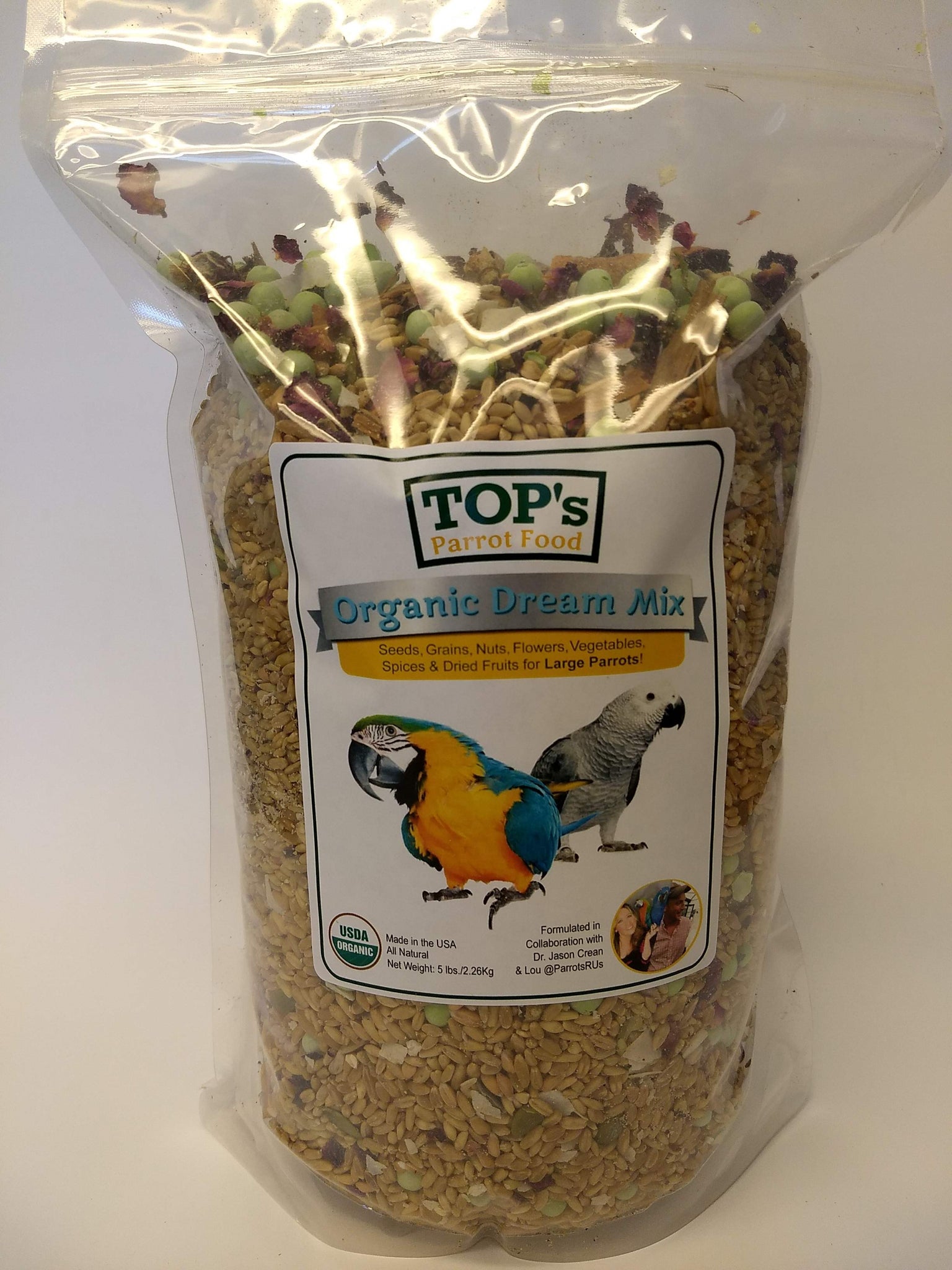Owlet is spot-on, skip the artificial lighting!!!
99% of the time when you add an artificial light over your birds because you think that they need the UVB light for one reason or another, such as Calcum/Vitamin D3 absorption and processing, etc., you end up actually doing harm to your bird's eyes, skin, or feathers, and giving them very little to absolutely no benefit at all...Unless you have a lot of education and experience in indoor lighting for animals then it's impossible to make an educated choice in lights, and in the end you realize that it's totally unnecessary for birds as long as they are being fed a healthy diet that includes fresh veggies and dark, leafy greens along with a staple-food that is high in protein and low in fat.
There are specific pets that cannot survive in captivity without special UVB lighting because their bodies do not possess the ability to absorb any Calcium without having their Vitamin D (specifically Vitamin D3) activated by either 10-12 hours underneath a proper strength and type of artifical UVB light, or by 2-3 hours each day of natural sunlight. Most of these pets are Reptiles, Amphibians, and some Primates such as Marmosets. Birds do not have any issue at all with using the Vitamin D in their diets to aid in the absorption of the Calcium and Phosphorous in their diets, just as long as they are being fed a diet that is rich in both Calcium, Phosphorous, and Vitamin D3. And most-all Avian Pellets and Seed-Mixes are purposely high in all 3, and if you're still worried about it the best and safest thing you can do is simply make sure your bird always has access to an Avian Mineral Block and Cuttlebone.
The benefit of putting your bird under an artificial UVB or "full spectrum" artificial light is just not worth the many risks...For example, most bird owners don't know that ALL UVB bulbs that are the "Spiral" type of bulbs actually emit very harmful ligth rays that are a byproduct of their manufacturing process, and these light rays regularly cause severe eye damage and blindness, skin damage including both Basal and Squamous Cell Cancers, and damage to their mucous membranes....And not only are all of the Spiral UVB bulbs dangerous, they actually emit very little overall UVB light at all (same goes for all of the Compact UVB bulbs, or the "regular lightbulb-shape UVB bulbs), even if you leave your bird underneath them for 12 hours a day, and your bird actually has to be extremely close to them for them to be at all beneficial, and having them that close to your bird for the amount of time necessary to be beneficial is extremely dangerous.
The only types of artifical UVB lights that are both safe and beneficial are the long UVB tube-lights that require a UVB tube-fixture, the Mercury Vapor Bulbs that emit both UVB light and heat, and then a few of the newer LED UVB lights, but only a very specific few...The safest and most effective ones are the UVB Tube-Lights, specifically those that are of the stronger T5 strength (T5 is much stronger than the T8), and of a 10.0 UVB output (anything lower than a 10.0 UVB output is useless, such as the 5.0, 3.0, 2.0, etc.)...And the 10.0 T5 UVB Tube-Lights are also effective from a good distance away, they don't have to be close to the animal/bird, and they can also penetrate through mesh/screen filters. In addition, the 10.0 T5 UVB Tube-Lights only have to be replaced once every 12 months, as the T8 and lower strength UVB tube lights have to be replaced once every 6 months because they stop emitting any UVB light at all at that age...
So basically if you want to go out and spend a good $60+ on an 18"-24" T5-rated Tube-Light fixture, and then spend around $40-$50 on a good 18"-24" 10.0 T5 UVB Tube, such as an Arcadia or a Reptisun 10.0 and replace it once every year, then you can do that, but for captive/pet parrots it's much easier and actually much more important to just simply make sure that you're feeding your pet parrots a high-protein, low-fat, low-sugar daily diet that contains lots of fresh veggies and dark, leafy greens, and add an Avian Mineral Block and a Cuttlebone to their cage...So instead of spending the money on an artificial UVB light and fixture and risking not getting one that is safe and isn't going to cause more harm than good, spend the money on making their daily diets better and finding different ways to get them daily exercise and active-foraging activities to keep them busy and give their brains a job to do...Much more important in birds than an artificial UVB light...


